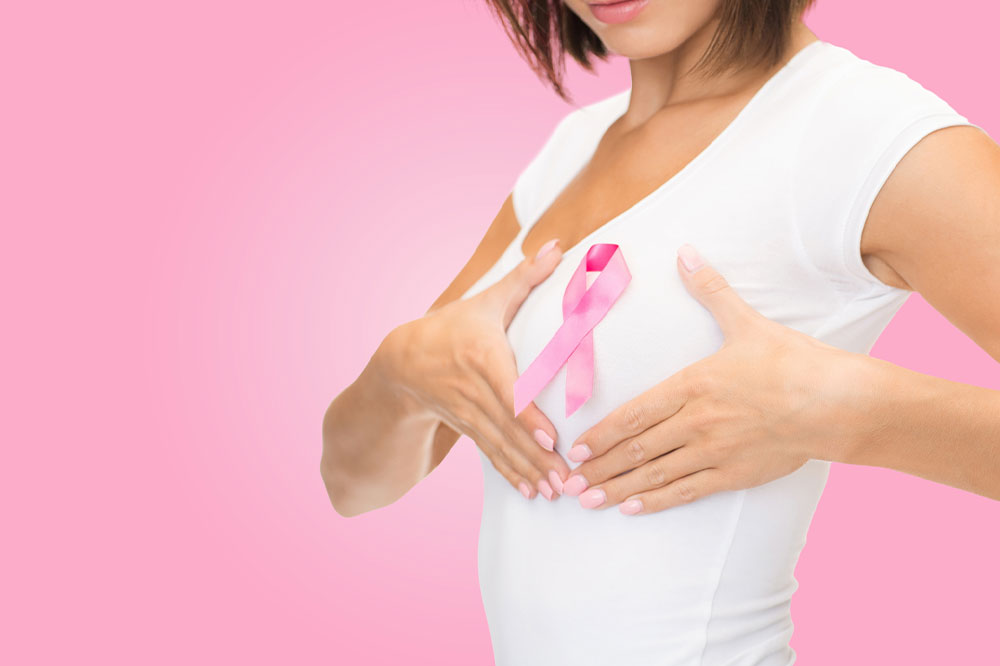
5 Lifestyle Changes to Reduce the Incidence of Breast Cancer
When it comes to breast cancer, which is the most commonly diagnosed cancer in women, there are certain risk factors that we can control. However, there are some factors that we cannot change. Thankfully, incorporating healthy habits into your lifestyle and following a balanced meal plan can reduce the risk of both premenopausal and postmenopausal breast cancer. Here are some lifestyle habits that can reduce the chances of breast cancer.
1. Exercise
Physical activity is the surest way to help you maintain a healthy weight, which then helps to build a healthy defense mechanism. You must aim for at least 150 minutes of moderate aerobic activity in a week. Moreover, introduce strength training and stretches to the exercise routine. Try to do yoga combined with aerobic exercises to help you keep your body flexible and maintain your weight and BMI at an optimal level. Studies have found a consistent link between optimal physical activity and reduced recurrence of malignant breast cancer and dying from the disease even among breast cancer survivors.
2. Have healthy meals
Studies have found that eating vegetables, fruits, whole grains, chicken, and fish reduces the risk of breast cancer, even in those genetically prone to breast cancer. One study showed that women on a low-fat meals were at lesser risk. The main focus of your meals should be on healthy food intake and following tips that maintain optimal weight.
3. Limiting alcohol intake
Doctors link alcohol is to an increased risk of breast cancer in women. One of the reasons for this can be that alcohol raises estrogen levels in the body, explaining the increased risk. Compared to women who don’t drink at all, women who have three drinks per week have a 20% higher risk of breast cancer. Avoiding or cutting back on alcohol lowers the risk of breast cancer.
4. Avoid tobacco
Studies link smoking to a higher risk of breast cancer in younger and premenopausal women. Tobacco contains multiple carcinogenic substances which cause breast cancer. Second-hand smoke exposure increases the risk of breast cancer. If you smoke, make sure you use every resource you can find to help quit smoking, especially if you are prone to breast cancer genetically.
5. Breastfeeding
Breastfeeding lowers the risk of breast cancer. Though breastfeeding can be a challenge, especially if you are a working mother, the health benefits of breastfeeding outweigh the difficulty, and it is worth the effort. Research shows that mothers who breastfeed have a lower risk of pre and postmenopausal breast cancer. Feeding the baby longer than six months helps provide additional protection against the chance of getting breast cancer. During pregnancy and breastfeeding, you shed breast tissues that can help remove cells with potential DNA damage, helping to reduce the chances of developing breast cancer. Besides breast cancer risks, breastfeeding also helps to reduce the risk of ovarian cancer.


